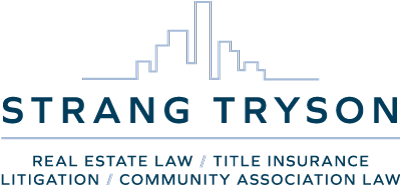Introduction
Disputes in condominium associations and homeowners’ associations (HOAs) are common, but resolving them effectively can save time and money. Mediation and litigation offer two distinct approaches, each with its own advantages and considerations.
- Mediation: A Collaborative Approach
- How It Works: A neutral third party facilitates discussions to help parties reach a mutual agreement.
- Benefits:
- Cost-effective and faster than litigation.
- Maintains relationships within the community.
- Best For: Disputes over fines, rules, or maintenance issues, as well as all disputes that are required to go to mediation under the applicable statute..
- Litigation: A Legal Battle
- How It Works: A judge resolves the dispute in court.
- Benefits:
- Legally binding decisions.
- Appropriate for complex or high-stakes conflicts.
- Drawbacks: Time-consuming and costly.
- Choosing the Right Approach
- Assess the Dispute: Mediation is ideal for resolving minor issues amicably, while litigation is necessary for more severe conflicts. [this just isn’t correct but i can’t think of how to rephrase.
- Seek Legal Counsel: An attorney can guide you through the process and advocate for your rights.
Conclusion
Whether through mediation or litigation, resolving disputes effectively requires expert legal support. Strang Tryson’s attorneys specialize in condo and HOA law, helping clients achieve fair and efficient outcomes.
Contact us today to discuss your condo or HOA dispute.





